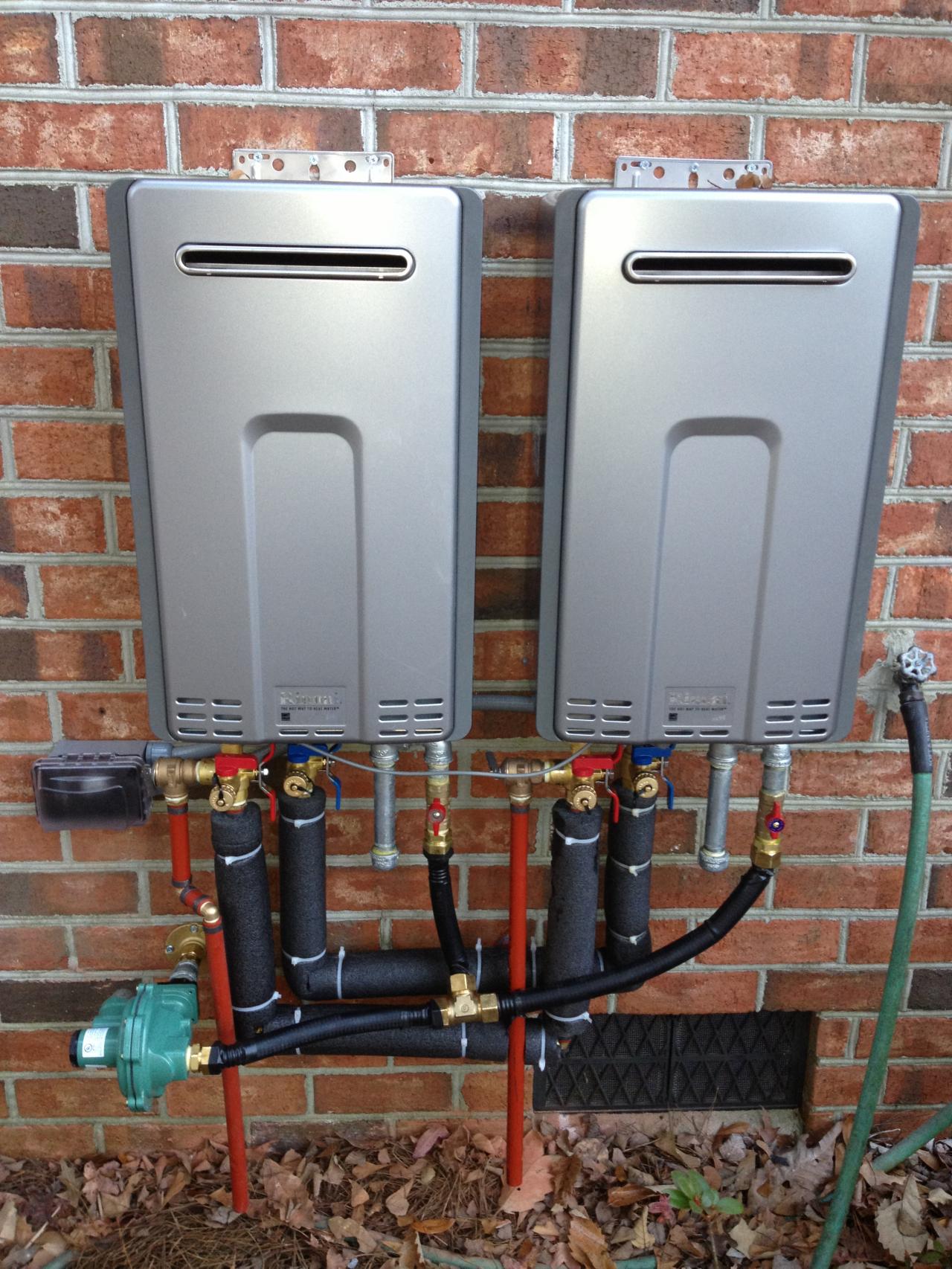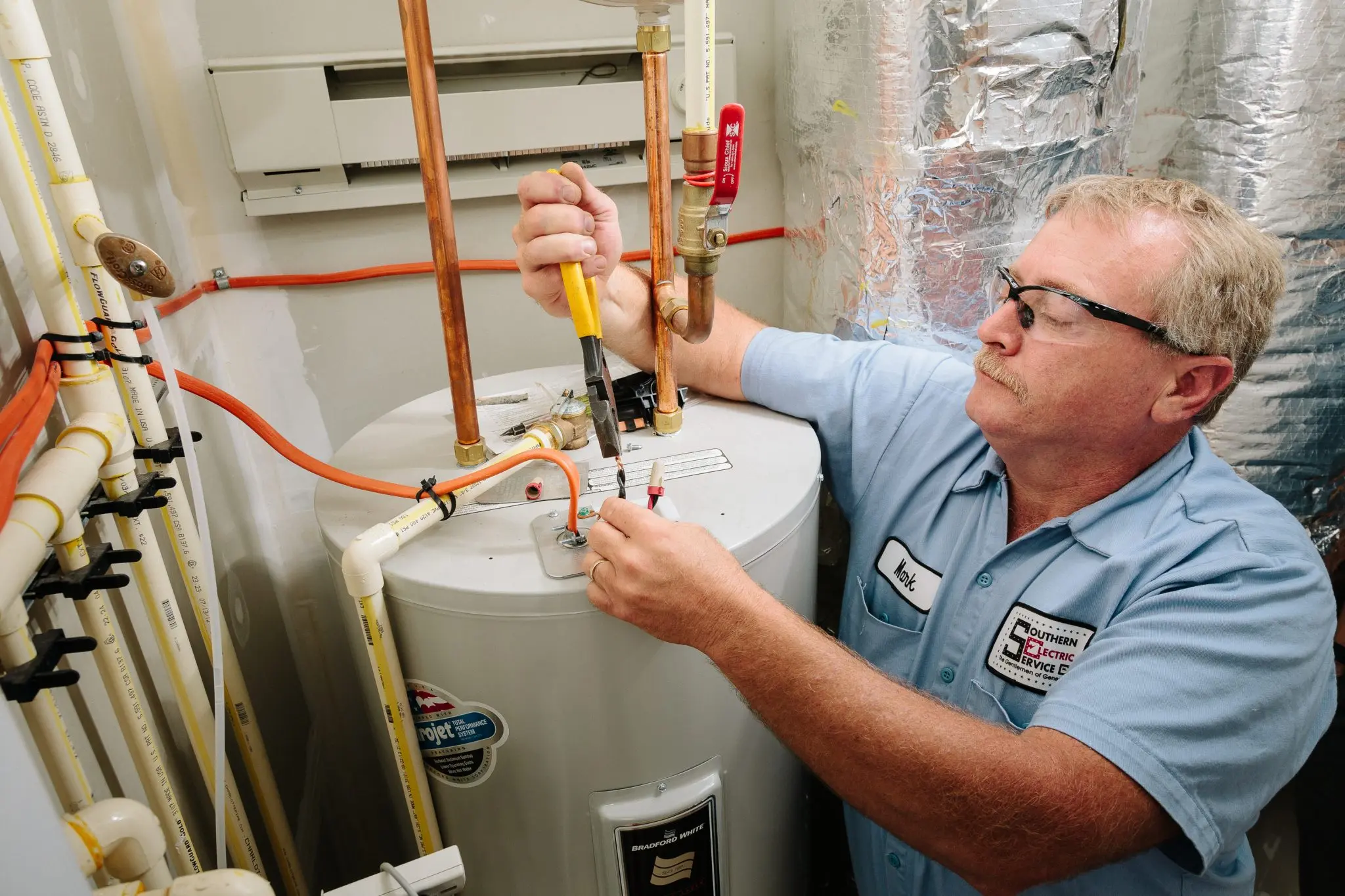Fast and Reliable Pipe Repair to Address Leaks and Reestablish Functionality
Fast and Reliable Pipe Repair to Address Leaks and Reestablish Functionality
Blog Article
Complete Guide to Water Heating SystemInstallation and Replacement
Comprehending the intricacies of water heating unit installment and substitute is essential for house owners looking for to make certain performance and integrity in their warm water supply. From picking the proper kind and dimension to executing a seamless setup procedure, numerous factors should be thought about to stay clear of usual pitfalls. This guide will supply you with the essential steps and insights to navigate the complexities of this home enhancement job, while also highlighting important upkeep practices that can extend the life of your system. As you discover these facets, you might find yourself reassessing your existing arrangement and recognizing locations for renovation.
Kinds Of Water Heating Systems
When thinking about water heating unit setup and replacement, it is necessary to recognize the different sorts of hot water heater offered on the market. The most usual types consist of storage tank water heaters, tankless hot water heater, warm pump hot water heater, and solar hot water heater.
Tank water heating systems are standard systems that store a details volume of warm water, making them easily offered when needed. They are generally much less expensive in advance but might incur greater energy expenses over time because of heat loss. On the other hand, tankless hot water heater give hot water on need, eliminating the demand for storage. They are energy reliable and can save area, however their first costs are normally higher.
Heatpump water heating units use electrical energy to move warmth from the air or ground to heat water, using substantial power savings but needing even more room and specific installment conditions. Lastly, solar hot water heater harness solar power to warmth water, giving an environment-friendly alternative with prospective lasting price financial savings, although they frequently need a backup system for gloomy days.
Understanding these alternatives makes certain educated decisions concerning installation and substitute, providing to particular needs and choices.
Selecting the Right Size
Selecting the ideal dimension for a water heating unit is essential to guarantee optimum efficiency and effectiveness. A system that is as well small will battle to satisfy home demands, leading to irregular warm water schedule and enhanced power consumption. Alternatively, a large water heater can lead to unneeded energy waste and greater utility costs.
To figure out the right dimension, consider the family's top warm water usage. This can be computed based on the variety of residents and their regular hot water demands. For example, a family members of four might require a hot water heater with a capacity of 50 to 80 gallons, depending on the use patterns, such as simultaneous showers and washing.
In addition, evaluate the healing price, which measures how swiftly a heating system can replenish warm water after it has actually been made use of. For tankless models, concentrate on the circulation rate, measured in gallons per minute (GPM), to guarantee it fulfills the house's simultaneous demand.

Installation Process Overview

Next, the old system should be separated and gotten rid of, making sure to adhere to regional codes and regulations pertaining to disposal. Once the old device is out, the new water heater can be placed in place. This action involves attaching the supply of water lines, making certain that all fittings are safe and secure and leak-free.
After establishing water connections, it's important to attach the power supply, whether electric or gas, adhering to the producer's guidelines carefully. As soon as all connections are made, the system needs to be filled with water, and the power can be transformed back on. Lastly, it is very important to inspect for leakages and make certain the water here are the findings heater is functioning properly prior to finishing the installation procedure.
Typical Installment Mistakes

One more regular blunder is neglecting to comply with regional codes and laws. Failing to adhere to these requirements can not just lead to safety and security hazards however may additionally result in pricey fines or the requirement for expensive reinstallation.
Falling short to safeguard links or utilizing the wrong kind of fittings can lead to leaks and water damage. By avoiding these common installment blunders, homeowners can guarantee their water heating system operates securely and effectively, making best use of efficiency and longevity.
Upkeep Tips for Durability
Correct maintenance of a hot water heater is essential for its durability and optimal efficiency. Regular examinations and servicing can prevent expensive repairs and prolong the appliance's life expectancy. Begin by checking the temperature setting; More Bonuses it must typically be established between 120 ° F and 140 ° F for ideal power effectiveness and safety.
Every 6 months, purge the tank to get rid of sediment accumulation, which can harm heating efficiency and trigger corrosion. To do this, shut off the heating system, connect a pipe to the drainpipe valve, and allow the water run until it is clear.
Anode rods must be inspected yearly and changed when they are corroded. These poles help stop container corrosion by bring in destructive components in the water.
In addition, check the pressure safety valve frequently to guarantee it is operating appropriately. This shutoff is vital for avoiding extreme stress build-up within the container.
Lastly, think about arranging a specialist upkeep check every couple of years for thorough inspections and servicing. By adhering to these upkeep tips, homeowners can considerably improve the effectiveness, safety and security, and lifespan of their water heating units, guaranteeing trustworthy warm water for several years ahead.
Final Thought
In final thought, proper setup and maintenance of water heating units are crucial for making certain effectiveness and long life. By comprehending these crucial elements, homeowners can accomplish a reliable hot water supply while minimizing prospective concerns associated to water heating system operation.
Comprehending the details of water heater setup and substitute is essential for home owners seeking to guarantee performance and reliability in their warm water supply.Storage tank water heating systems are traditional systems that keep a details volume of hot water, making them easily offered when required. In contrast, tankless water heaters supply warm water on need, removing the need for storage. Choosing a water heating unit that is either also tiny or also large can lead to inefficiencies, resulting in insufficient hot water supply or extreme power intake.
By recognizing these important elements, property owners can accomplish a trustworthy warm water supply while decreasing possible concerns connected to water heating system operation. pipe repair.
Report this page